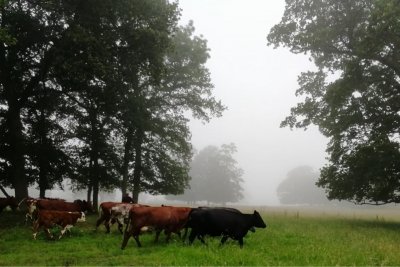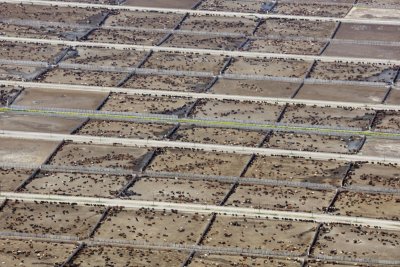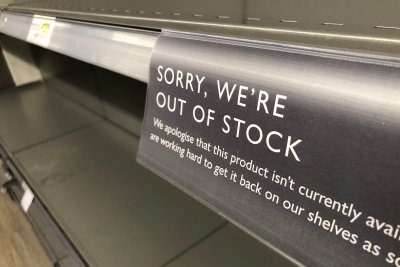News • Good Food Trade Campaign
Government's own report shows increasing public support for maintaining UK food standards in trade and protecting farmers
A Department for International Trade report, published in the middle of the night on Monday 13 September, shows increasing support for maintaining UK food standards and protecting UK farmers, both of which are in the top three most popular priorities for the public in trade negotiations.

Support for maintaining current UK food standards rose from 30% to 36% and protecting UK farmers increased from 23% to 26%.
The results come as the UK prepares to sign a trade deal with Australia, where lower standard practices banned in the UK, such as using antibiotics as growth promoters, are permitted.
Ministers have already agreed in principle to a zero quota, zero tariff deal with Australia without insisting food meet standards that UK consumers expect. This is despite recommendations to introduce core standards being made both by the Trade and Agriculture Commission (TAC) and the National Food Strategy.
The Government has yet to respond to the TAC recommendations published in March or establish the statutory body that is expected to advise parliamentarians on the potential impact of deals.
This is first post-Brexit deal with Australia is expected this autumn. It is a key point in the setting of the UK’s future trade regime as it will set a precedent for others. The DIT research showed high support for a deal (65%), on the grounds that Australia is ‘culturally similar’ but the top issue that respondents cared about was maintaining current UK food standards (28%).
Orla Delargy, Head of Public Affairs at Sustain said:
"This research shows that the UK public is growing increasingly determined to protect their food standards from poorly negotiated trade deals. Australia agriculture permits the use of antibiotics as growth promoters, of many more highly hazardous pesticides, and practices such as the removal of skin from live sheep that UK consumers would find unacceptable. Their standards are not the same and yet the Government has already committed to a zero tariff, zero quota deal; Australian negotiators can scarely believe their luck.
"Furthermore, the Australia deal, which is set to be signed in autumn, will set a precedent for future deals with large agricultural nations such as the United States and Brazil, where standards are lower than in the UK. The Government needs to pay heed to the findings of its own research and urgently put core environmental and animal welfare standards for imports in place."
The report also shows close to one in four (23%) expect increased free trade to lead to poorer quality goods and services. This is six percentage points more than wave two (17%) and nearly twice as many as wave one (12%). Furthermore, it shows that 58% of those who had heard about the trade deal with the US said they understood food standards to be a priority issue. Support for that deal has dropped from 26% to 23% from wave two.
It appears that growing public interest in the potential impact of trade on their food standards may have influenced the design of the report as well as the findings. In the first report (published July 2019) 15% of respondents mentioned not lowering standards on goods as one of their top negotiating priorities. By the second report (published August 2020), respondents are given the choice to pick food standards as one of their top three trade priorities and 30% do so. When the third report was published this week, findings showed 36% had picked food standards as one of their priorities.
You can read a full briefing from Sustain and Compassion in World Farming on the animal welfare considerations of a UK-Australia here.
You can also read about differences in standards between Australia and UK agriculture here.
Sustain would also point out that Australia has an extremely poor record of taking action on climate change and appear to have successfully pressurised the UK government into dropping key climate goals in exchange for trade.
Published Thursday 16 September 2021
Good Food Trade Campaign: Campaigning for good trade that benefits people and the planet at home and overseas.





